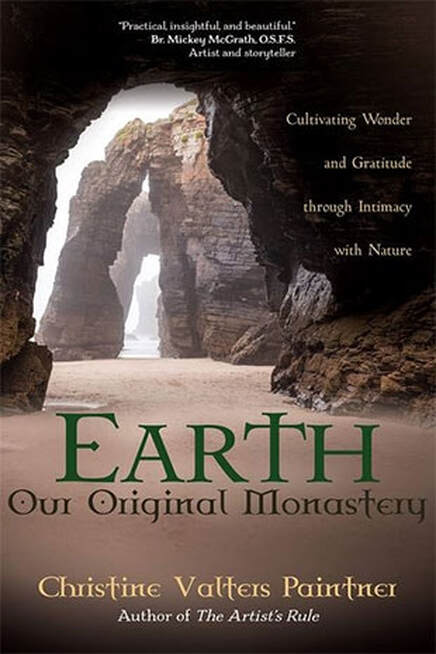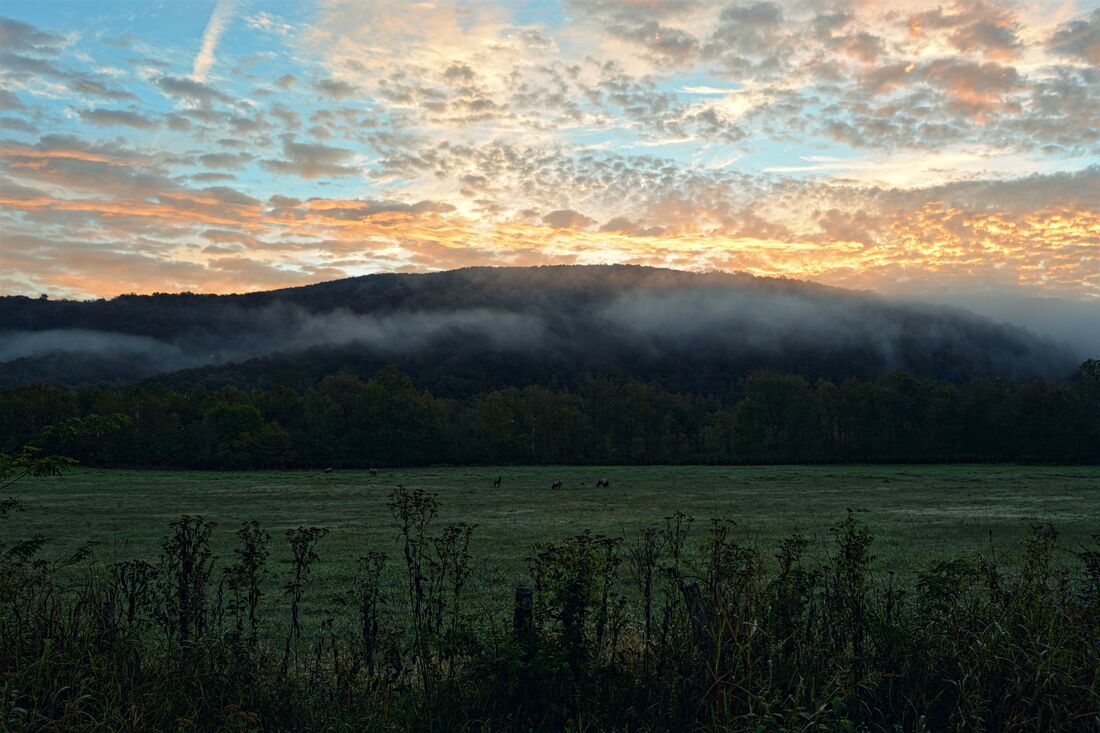When I was growing up, I loved rivers and dogs. People, to be sure, but also the more-than-human world. It was natural to feel the more-than-human world as a sacrament, as sacred scripture. Swimming underwater in the Guadalupe River near Hunt, Texas, introduced me to a quiet and invisible monastery. My heart was quieted, too.
But then, in my teens, I came to see that world as mere backdrop for the human drama. I became a humanist. I'm not sure how this happened. Was it religion? Education? Urban life? Popular culture? In any case something was lost.
I had to relearn, to rediscover, the original wonder.
Process theology helped me. It helped me see "intrinsic value" in the whole of the world and not just in human life. It said that God was connected to the whole of creation, not human life alone. And in a very different way the pandemic has helped me. I've been listening to birds more. I've noticed springtime. I've had to recognized, reluctantly, that human beings aren't exactly the center of things. Other living beings have purposes not reducible to human yearnings.
I'm sure the biblical Job would understand this recovery of wonder. And so would Christine Valters Paintner, the online Abbess at the Abbey of the Arts. She is the author of Earth as Original Monastery, reviewed here by Frederic and Mary Ann Brussat.
But then, in my teens, I came to see that world as mere backdrop for the human drama. I became a humanist. I'm not sure how this happened. Was it religion? Education? Urban life? Popular culture? In any case something was lost.
I had to relearn, to rediscover, the original wonder.
Process theology helped me. It helped me see "intrinsic value" in the whole of the world and not just in human life. It said that God was connected to the whole of creation, not human life alone. And in a very different way the pandemic has helped me. I've been listening to birds more. I've noticed springtime. I've had to recognized, reluctantly, that human beings aren't exactly the center of things. Other living beings have purposes not reducible to human yearnings.
I'm sure the biblical Job would understand this recovery of wonder. And so would Christine Valters Paintner, the online Abbess at the Abbey of the Arts. She is the author of Earth as Original Monastery, reviewed here by Frederic and Mary Ann Brussat.

